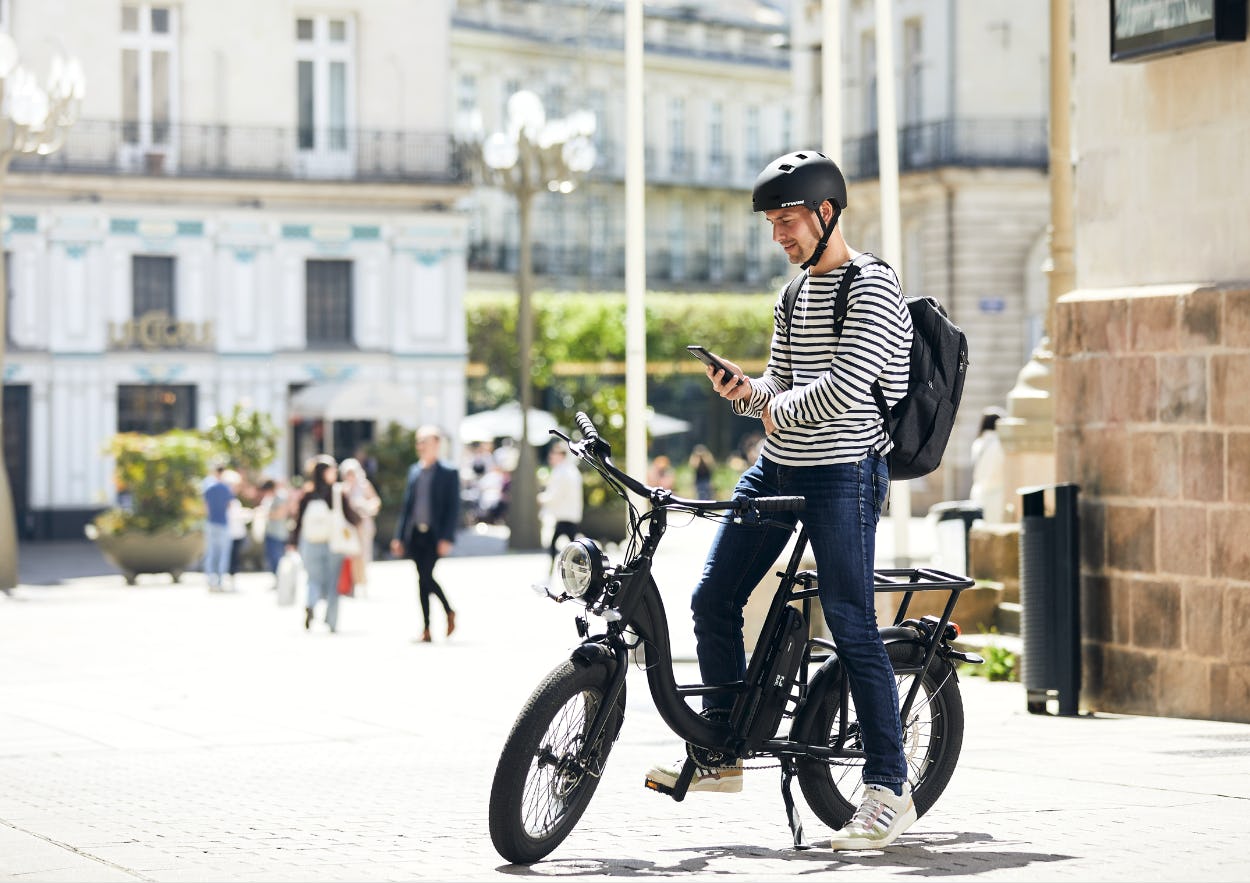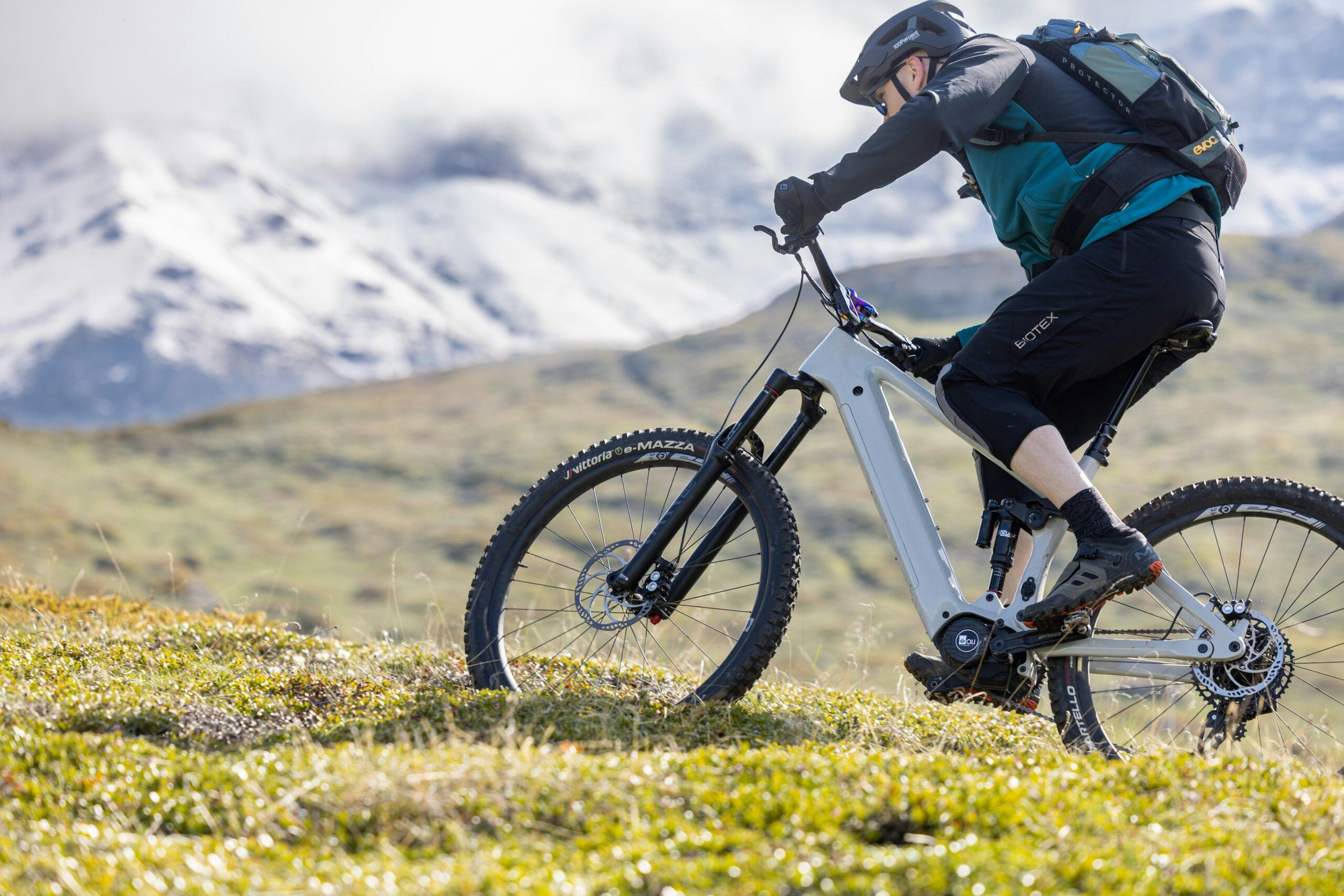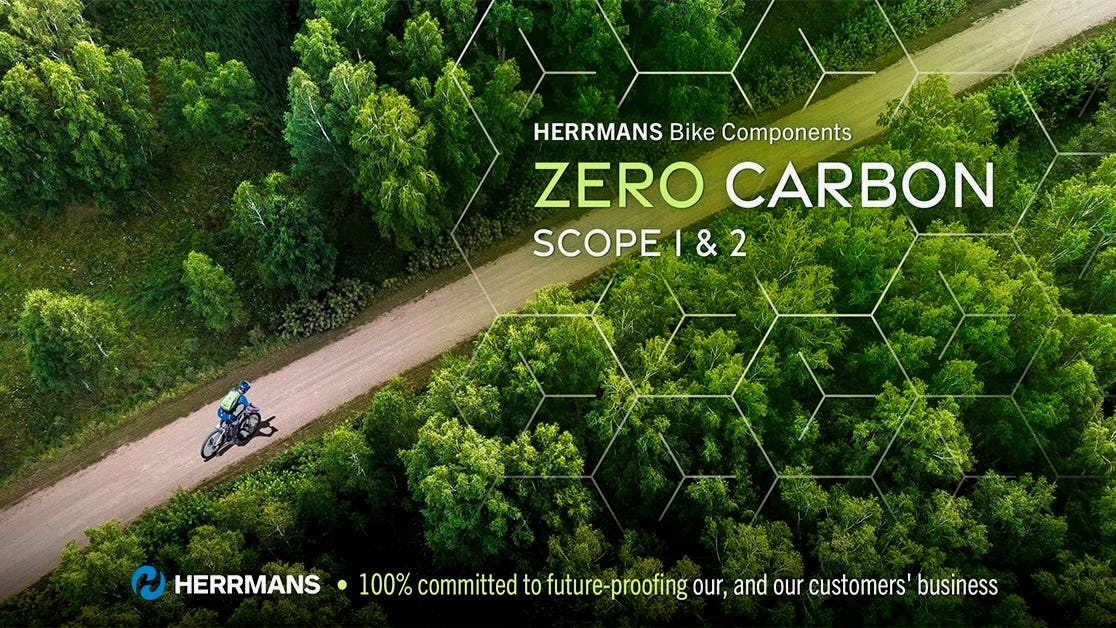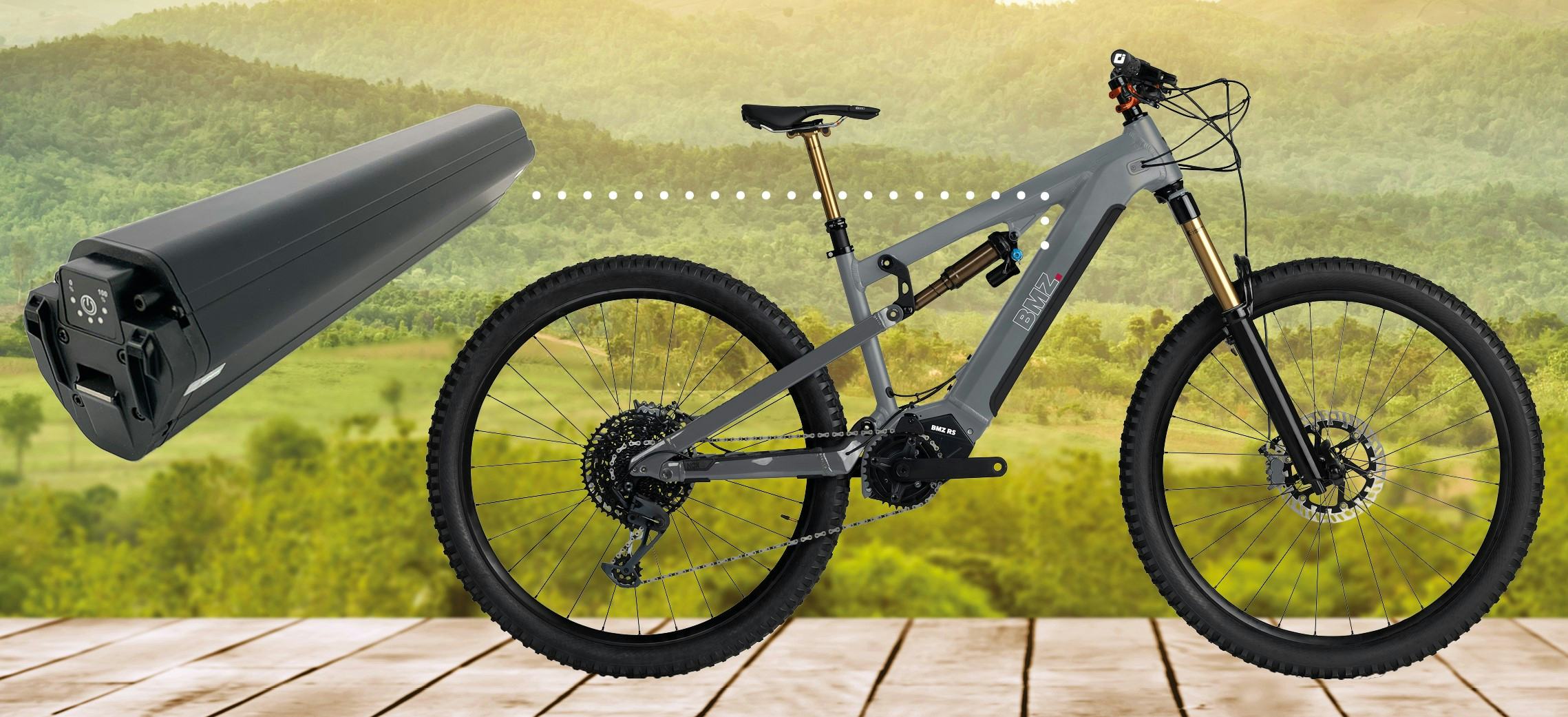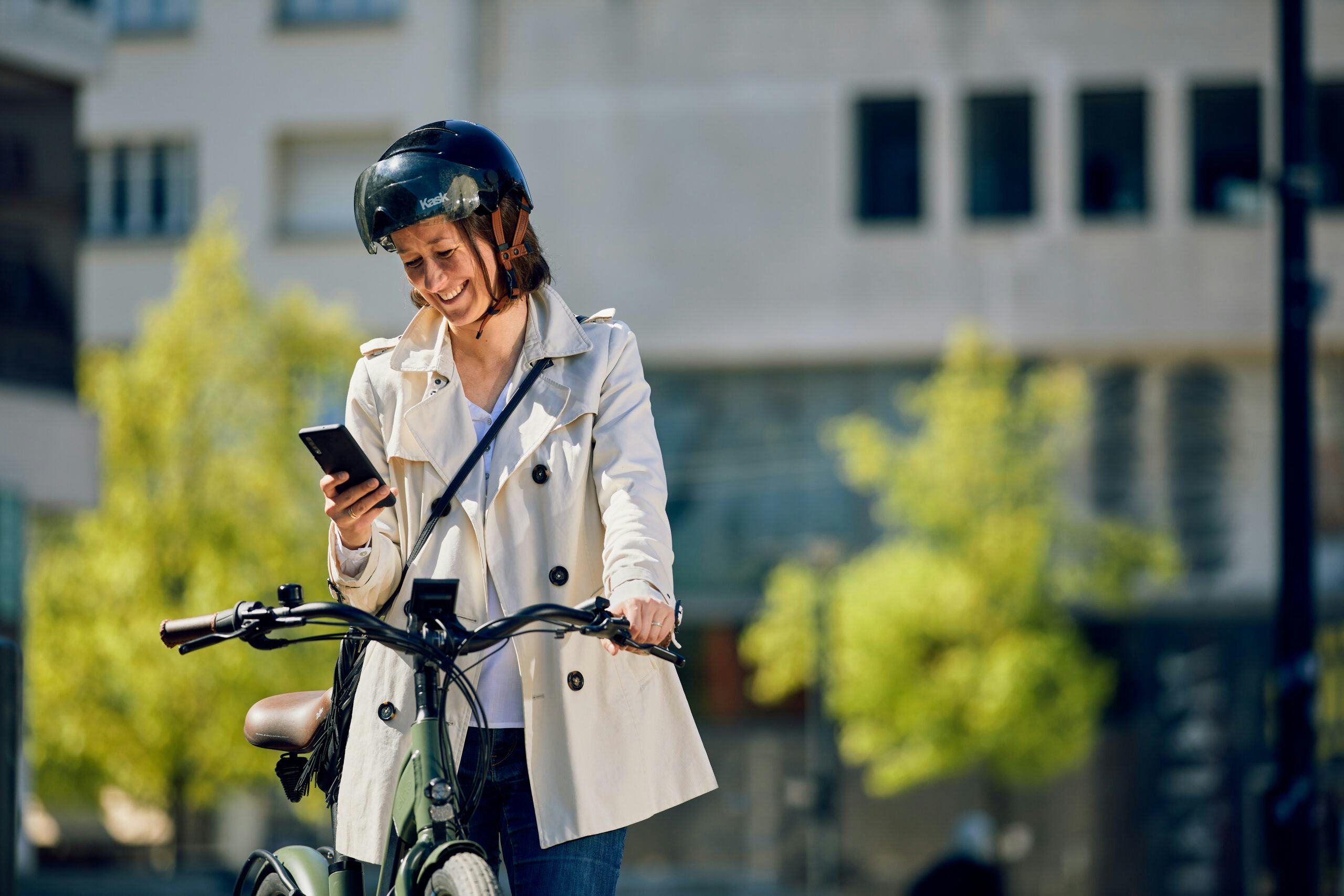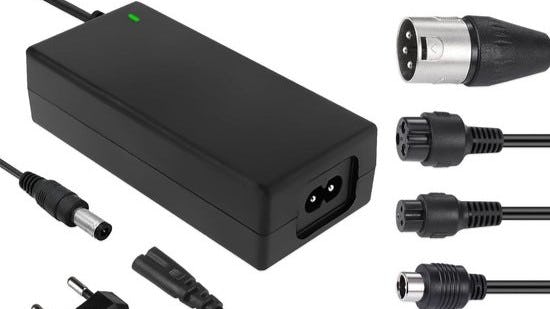Velco continues to grow on the European e-bike market with major partners such as Valeo and differentiates itself with a clear approach: "Unlike some players on the connected e-bike market, we are not 'GPS tracker providers'. We design and manufacture premium IoT products integrated on e-bikes, that are the beginning of a vast digital ecosystem at the service of all cycle players. Our approach and our software suite, while driven by rider insights and the brand-rider relationship, is a value proposition for the entire e-bike industry,” says Pierre Regnier, CEO of Velco.
There is no one-size-fits-all connectivity solution. As a project progresses, its objectives will establish the framework and the providers capable of meeting them.
Understanding the different segments
The first step will be to determine the level of service that will be offered to cyclists. "We can distinguish 3 levels, namely a digital bike, a connected bike and a smartbike, with different levels of services before, during and after the ride. Velco offers full support and advises brands and bike makers in defining the services offered to customers, to best meet the differentiation and branding ambitions. These objectives will determine the type of data that will be collected on the bikes to transform them into services."

In addition to the services offered to cyclists, it is also necessary to identify those from which the brand or partners (bike makers, maintenance players, etc.) will benefit, again depending on the company's business objectives.
Digital ecosystem around smartbikes is the real value
Once the framework of the project is set, the choices regarding the IoT products integrated into the bikes and the mobile and web applications for the cyclists will follow. If the IoT product is a means of collecting data and triggering actions on the bike, it is an essential element in achieving the intended connected services.
"Velco designs and manufactures its premium IoT products in France and Portugal, with high quality requirements. Beyond the premium features and technologies, the products are designed for easy integration and connection with all applications in the Velco software suite."

Data alone is useful. The real added value comes from the services that flow from it. Indeed, the percentage of battery remaining is interesting, but the service is to alert users when their battery is charged to less than 20% so that they can recharge it. In the same way, acceleration data will have little value, unless it is interpreted in the spectrum of the fall detection service.
More than just an IoT device communicating with the rider’s app, Velco turns data into services for all players, to create new business opportunities.
Pierre Regnier explains: "In the long-term, this is essential to make the cycling industry a sector of excellence. Our consulting approach and experience has enabled us to support and collaborate with brands such as Gaya, Reine Bike, Nakamura... renowned bike makers such as Manufacture Française du Cycle (MFC) and major e-drive system manufacturers such as Valeo Cyclee, Ananda and others. Each player has different challenges, so we continue to develop our SaaS suite to meet and outpace them."
This article is sponsored by Velco

